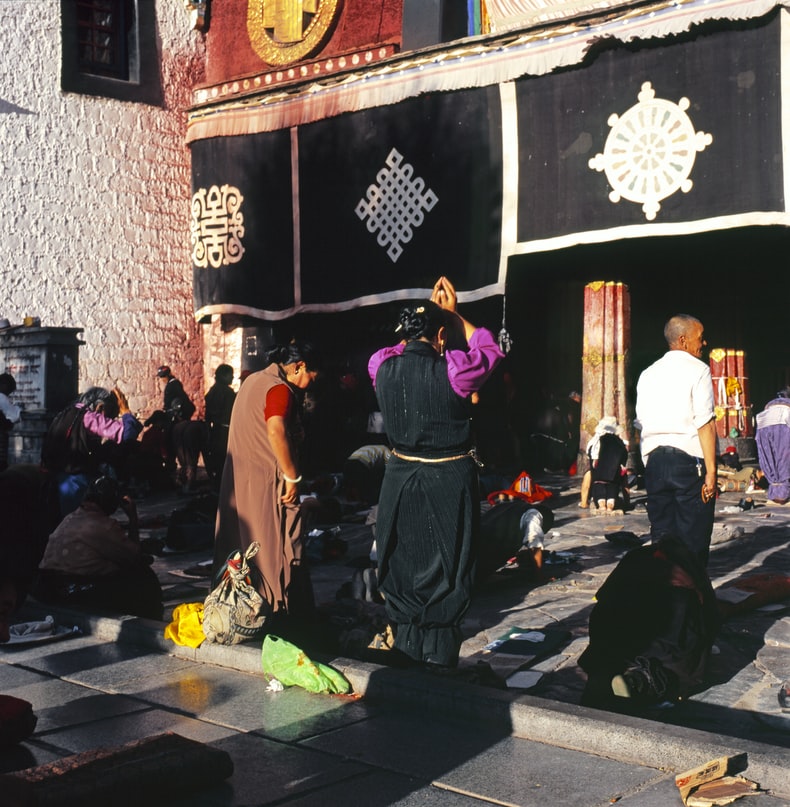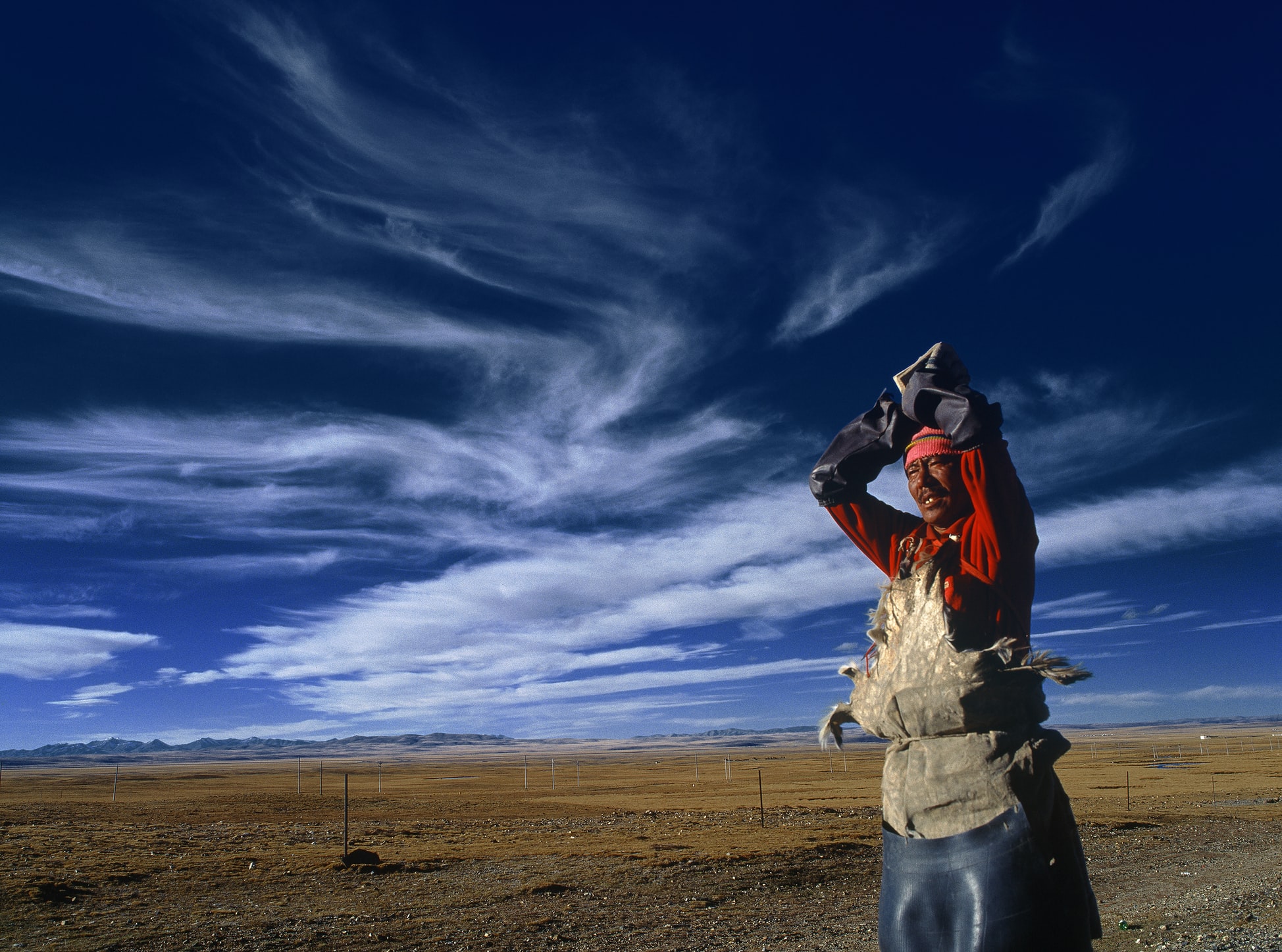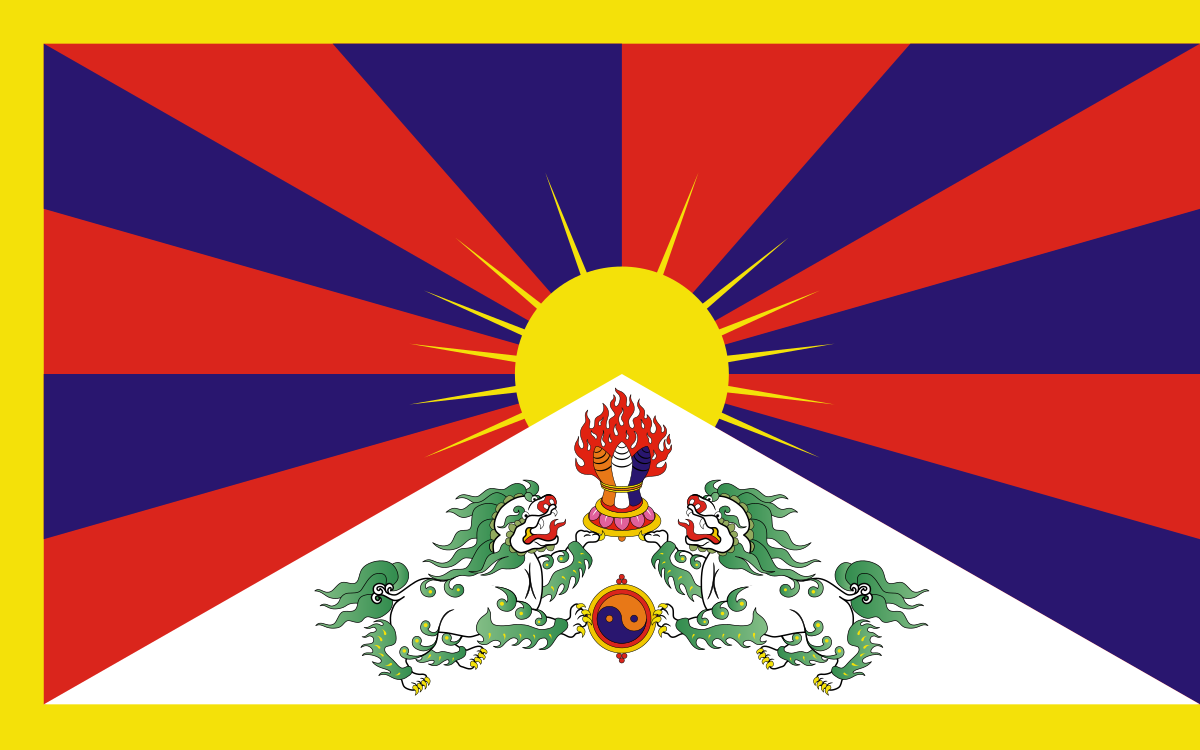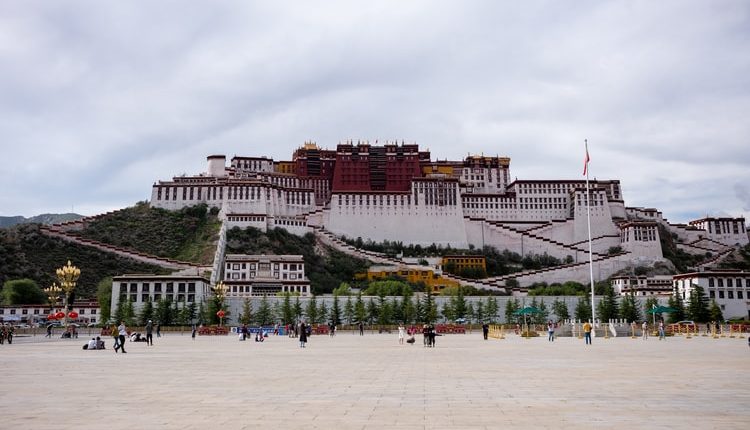Editor’s note: This is Part two in a two part series – part one, published yesterday, is here.
About the author: Dolma Tsering is a Dissertation Fellow at the Taiwan Foundation for Democracy and Learning Chinese language at National Chengchi University, Taiwan
Tourism and the Wholesale Sector as the Hub of Job Producers
Tourism and the wholesale sector are the two prominent sources of employment for Tibetans, particularly those in the urban areas and for the urban private sector.
These two sectors principally became important in the wake of a massive relocation of Tibet’s nomadic population.
In the last two decades, these two sectors witnessed one of the fastest growths regarding the total number of employment share.
For instance, the total number of people employed in the hotel and catering sector increased from a mere 1.2% in 2000, to 6.6% in 2017. For the wholesale and retail sector, it increased from 5.9% in 2000, to 12.7% in 2017.

By the end of 2017, these two sectors had about 18.6 percent of the regional total employment share.
Furthermore, these two sectors are also the hub of the urban private sector employment share.
In 2017, the region had 908,787 employed persons in the urban private enterprises and self-employed persons, while the total number of employed persons in the hotel and catering accounted for 15.35%, and the wholesale and retail sector had 31.6% of the regional total.
These two sectors have 47% of the provincial total urban private sector employment share.
The tourism sector and the wholesale and retail sectors are dependent on each other.
Therefore, it is pertinent to open these two sectors, regardless of the coronavirus issue.
Tourism and the wholesale sector have the third-largest share of the regional total employment share and the largest share of the local urban employment and urban private employment share.

Moreover, those engaged in these two sectors are largely in an informal sector and associate with the low-value-added services.
The GDP/ labour ratio of the industry, for instance, declined from 0.7 in 2004 to 0.44 (Wholesale and retail sector), though in 2017, the GDP and labour share of hotel services remained the same at about 0.3 during the same period.
The fall in this ratio indicates marginalisation of this sector from the value-added norm of the economy despite the rapid transfer of labour into the sector.
Therefore, the per capita value added in this sector is about equal to those in the agriculture, forestry and farming sectors. It ranked as lowest, just behind the agriculture, animal husbandry and forestry sectors.
The majority of labour engaged in these two sectors is informal and therefore lacks various life and health insurances, pensions and unemployment schemes.
The actual number of people engaged and employed in these two sectors is larger than the numbers mentioned above; those numbers are registered employed persons.
If one further includes those deemed self-employed, these two sectors had more than 40% of regional employed persons and the majority of the labour share.

Therefore, it is of the utmost necessity for the Chinese government to open the tourist economy despite the concern over coronavirus.
Closing down these two sectors will expose the vulnerability of China’s forced resettlement development projects and also the lack of growth quality growth of the regional economy.
There are also repeated cases of land confiscation, forceful displacement, marginalisation of Tibetan and growing cases of Chinese migrants dominating the market economy.
Until today, most of the protests in Tibet are driven by China’s repressive policy of culture, religion and political suppression.

It was in 1993, Tibetans staged another big demonstration against the Chinese government for the price rises seem, and growing numbers of migrants in the region.
Given that the tourism sector is the nerve of the local population economy, it is crucial the sector remain open regardless of COVID-19 concerns.









